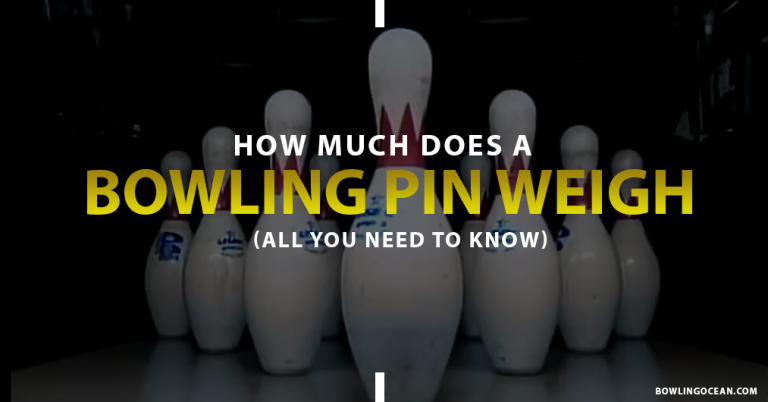Why is Bowling Not an Olympic Sport? Rolling In Controversy
There are many bowling leagues, events, and tournaments at the national and international levels. That made you wonder if bowling is an Olympic sport or not. The Olympics Games are a symbol of global unity that showcase sports coverage from different parts of the world in one place.
The diversity of the event is one of its kind to depict unity among people across the globe. However, it is unfortunate that bowling isn’t recognized as an Olympic sport as of 2023. Are you asking why is bowling not an Olympic sport? Well, there are certain reasons that despite being a popular sport, bowling has yet to cut its way to Olympic grounds.
Let’s go through the reasons that make bowling a no in the Olympic games and whether there are any chances soon for it to be an Olympic sport.
Historical Origins and Popularity
The ancient form of bowling is deeply rooted in Egypt and Rome from thousands of years ago. It was the game of ancient warriors and athletes. The present state of bowling took birth in the United States in the 19th century; its fun nature became a worldwide leisure time pick.
Bowling is a perfect pastime sport that people of all ages and mental level likes to play. The sport became popular all over the globe when it established professional tournaments and leagues by its governing bodies in different parts of the world.
The question is, if it’s that popular worldwide, why is bowling yet to be recognized as an Olympic sport?
Reason Behind Bowling’s Exclusion
So, why is bowling in the Olympics yet to be added despite its huge turnout of people playing each year? It may be famous on all fronts; however, according to the Olympic rule book, some key factors keep bowling as an Olympic game.
1. International Representation and Standards
One basic principle of the Olympics is that various countries and continents must support and represent the game. A sport to be made into Olympic grounds must have a presence in major regions of the world.
While bowling is played internationally, it has a lower participation rate than other sports from all regions. Also, its infrastructure and participation rate is low than the different sports.
2. Lack of a Unified Governing Body
One of the other requirements of the International Olympic Committee (IOC) is that a game must have a single governing body worldwide that goes by the rules and values of the Olympics.
Unfortunately, Bowling has multiple governing bodies worldwide, which creates a challenge in unifying the standard practices of the game and giving one specific layout to the game.
For bowling to make it to the Olympics, it needs a unified governing body with one rule book explaining all technicalities, like the rule of 31 in bowling all over the world, making it a suitable practice.
3. Competitive Depth and Popularity
The Olympics prioritizes and accepts games with high competition, popularity, and fan following worldwide, both in terms of participants and fans.
Although bowling has dedicated enthusiast players, when it comes to fans, only a few people are into watching a bowling match on their television screens or buying tickets to cheer up the players. So, it adds up as another point lower than other Olympic-recognized sports.
4. Facilities and Costs
Olympic vents scream top-notch facilities and substantial financial investments while hosting any game event. If we look at bowling alleys, while prevalent in many places, they may need to meet the required standards for an Olympic venue.
Bowling requires a lot of management, costs, and funding to build the venue according to game demands. Due to its lower participation rate, investors or hosting cities don’t support spending a large sum on it.
Investors and sponsors mostly aim for games with a high participation rate in previous Olympic years. This adds another factor to why bowling has yet to be an Olympic sport.
5. Image and Perception
The IOC takes in the overall image and perception of the worldwide games before publishing the final list of the games that will help in upcoming Olympic events.
As for bowling, it requires precision and accuracy more than athletic energy. So, the Olympics consider it more a leisure sport than a competitive one. Although the sport holds many records, like the fastest bowling ball speed, its popularity is still limited.
Wrap Up
The answer to why bowling is not an Olympic sport is in front of you. Bowling as an Olympic sport has yet to cover a very long distance. Its popularity could be higher compared to other games in various regions. It doesn’t have an increased fan following rate compared to other games and is recognized more as fun than athletic.
Share your thoughts on whether you would like bowling to be an Olympic sport next season and why?
FAQs

Ashley Ellison is a skilled writer and avid bowler. Her passion for storytelling and dedication to the sport have led her to participate in various national bowling leagues. With a unique combination of talents, Ashley approaches every challenge with creativity and a relentless drive to succeed.






